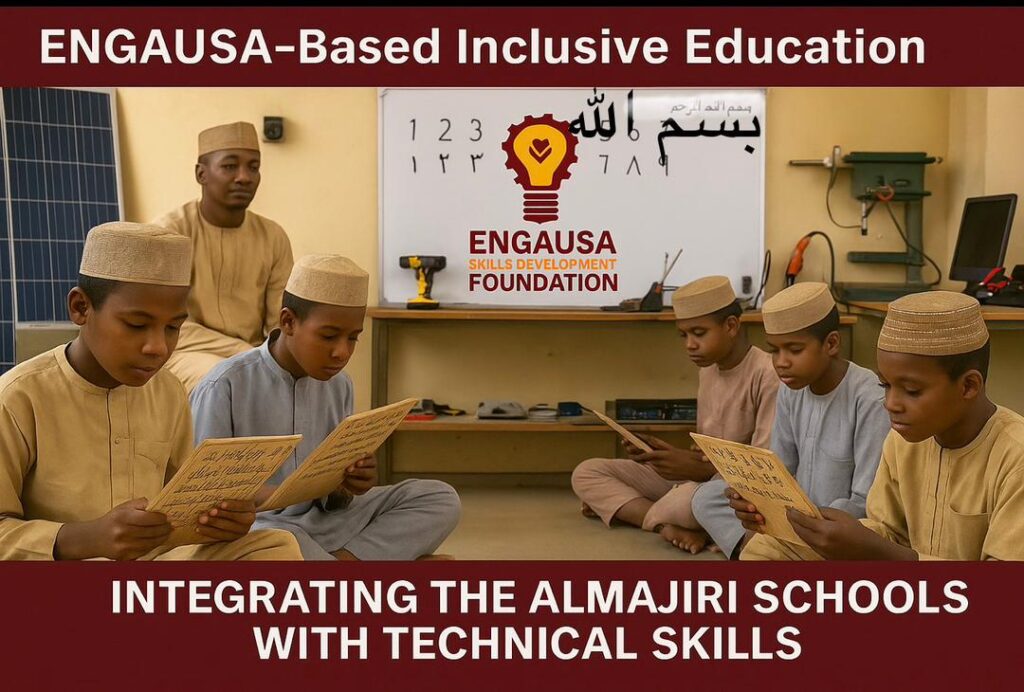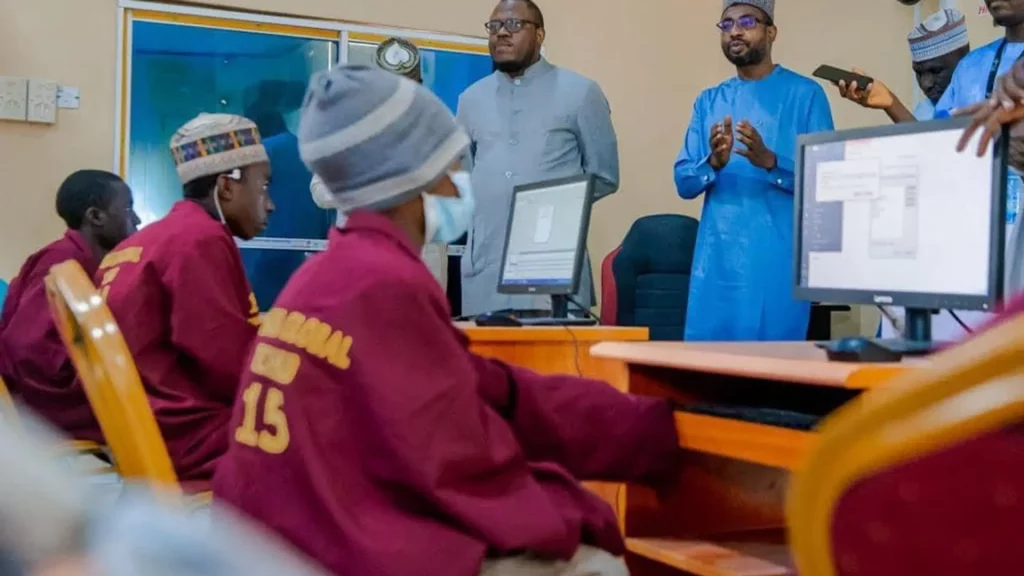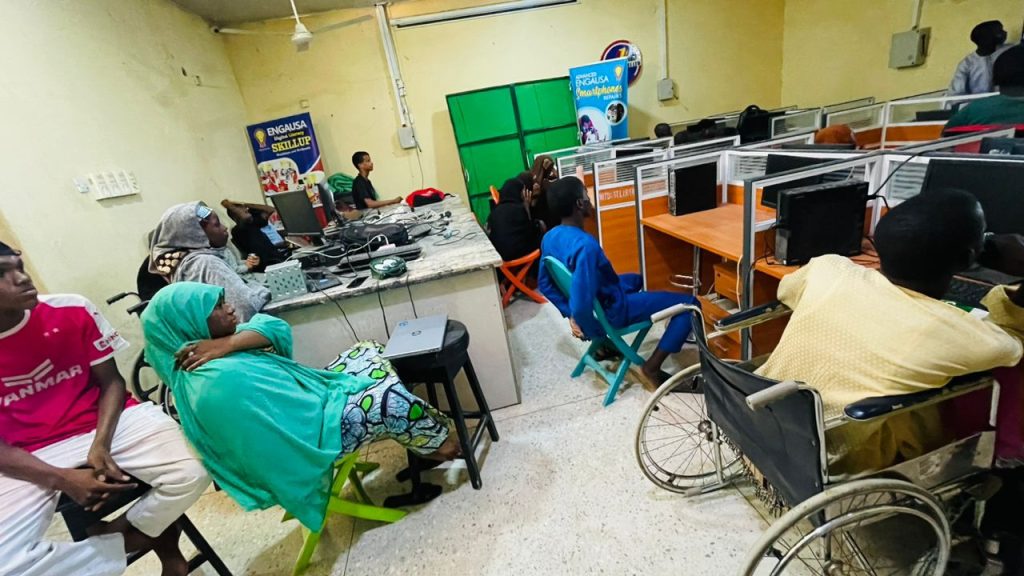In today’s episode of the ENGAUSA Podcast, Engr. Mustapha Habu Ringim, Founder of both ENGAUSA Global Tech Hub and ENGAUSA Skills Development Foundation (ENGAUSA Foundation), had a deeply insightful discussion with Dr. Tijjani Mukaddas, Senior Special Assistant to the Executive Secretary of the National Commission for Almajiri and Out-of-School Children Education (NCAOOSCE).
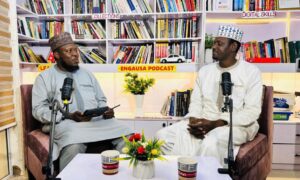
During the conversation, Dr. Mukaddas highlighted statistics from UNICEF, noting that Nigeria currently has over 20 million out-of-school children—the highest number in the world—and about 8 million Almajiri students who are not enrolled in the formal western education system. He emphasized that these figures are even more concentrated in the northern part of the country.
However, it’s important to distinguish between Almajiri students and out-of-school children. The Almajiris do attend Islamic schools, while out-of-school children are not enrolled in any form of education at all.
The Almajiri school system dates back to the 11th century, long before British colonial rule introduced western education. In its early form, it was a respected and well-structured system. Parents would send their children to study under Islamic scholars, providing them with food and basic necessities for their stay.

Over time, however, the system has deteriorated. Many Almajiri students now wander the streets, begging for food—a sharp contrast to the disciplined and well-supported learning environment the system once represented. One of the major reasons for this decline is the lack of integration between Islamic and western education systems. If the Almajiri model had evolved alongside formal education—similar to how boarding schools combine discipline, academics, and character building—it could have remained a strong pillar of holistic learning.
Recognizing this, NCAOOSCE has taken proactive steps to restore dignity and opportunity to Almajiri students. The Commission has established an Institute in Kaduna, where selected students are now receiving further education and skills development training. This initiative aims to curb street begging, empower students with employable skills, and provide them with quality education that bridges both worlds—religious and contemporary.
In their conversation, Engr. Ringim and Dr. Mukaddas delved deep into the origins of the challenges facing the Almajiri system, analyzed their root causes, and proposed actionable solutions to rebuild the system into one that preserves its noble foundation while meeting modern educational needs.
At ENGAUSA Foundation, this vision has already taken shape, beginning over a decade ago with a commitment to empowering Almajiris and out-of-school children through practical, industry-relevant skills. For more than 10 years, the Foundation has been equipping them to become productive, independent, and valuable contributors to society. Its goal is to transform potential into purpose and hardship into opportunity.
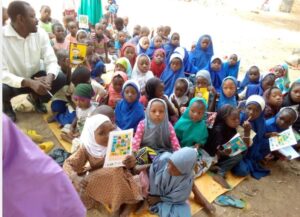
As both ENGAUSA Hub and ENGAUSA Foundation continue this mission, they both stand ready to collaborate with NCAOOSCE and other relevant stakeholders to advance this shared mandate of building an inclusive, skill-driven educational system that leaves no child behind.
By combining competency-based skills training with education in the language learners understand, ENGAUSA Global Tech Hub is not just empowering individuals; it is building a generation capable of driving social and economic development from the ground up.
Watch the podcast below.
For more information:
Website: www.EngausaHub.com.ng
Foundation: foundation.engausahub.com.ng
Phone (WhatsApp & Telegram): 07038224643
Email: [email protected]
